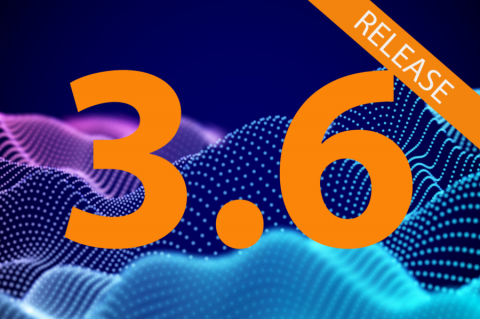Deploy Your First Deep Learning Model On Kubernetes With Python, Keras, Flask, and Docker
This post demonstrates a *basic* example of how to build a deep learning model with Keras, serve it as REST API with Flask, and deploy it using Docker and Kubernetes. This is NOT a robust, production example. This is a quick guide for anyone out there who has heard about Kubernetes but hasn’t tried it out yet. To that end, I use Google Cloud for every step of this process.



